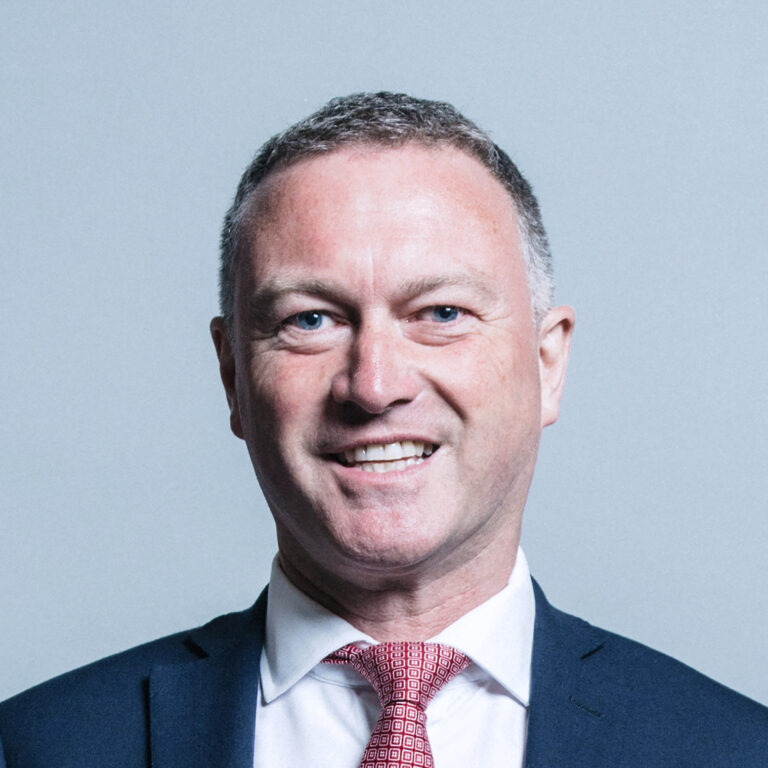Steve Reed has set out the Labour Government’s list of priorities for farming in his first speech of the year at the Oxford Farming Conference this morning.
Outlining a package of measures aimed at supporting profitability and sustainability, the Defra secretary of state said reforming planning rules would make it easier for poultry producers to build new units.
“In Spring we will consult on national planning reforms to make it quicker for farmers to build farm buildings, barns and other infrastructure they need to boost their food production. And we will shortly begin a series of planning roundtables with the sector. Planning rules have got in the way for too long.
“We will speed up the system so you can grow and diversify your business, like chicken producers who want a larger shed to boost the amount of food they produce.”
In his speech, Reed addressed the outrage following the Autumn Budget, in which changes to inheritance tax were announced, meaning from 2026, farmers would be eligible for inheritance tax on assets worth over £1m at a rate of 20%.
“We were shocked by the size of the black hole we were left to fill. I’m sorry if some of the action we took shocked you in return. But stable finances are the foundation of the economic growth needed to get the economy growing again after it flatlined through a decade of chaos,” he said.
As part of the announcement, Reed also said there would be a series of reforms, including a commitment to support British produce in the public sector by for the first time monitoring where it is bought from.
He also reiterated previous commitments to uphold and protect the UK’s high environmental and animal welfare standards in future trade deals.
“The primary purpose of farming has – and always will be – to produce the food that feeds the nation. Too many policymakers in Whitehall lose sight of that fact. This Government is putting food production firmly back on the agenda.”
He added: “We will work in partnership to achieve our vision for the farming sector. First, a sector whose primary purpose is food production. Secondly, a sector where farmers can access diverse income streams to make a fair profit and ensure their business remains viable in times of challenge. And thirdly, a sector which supports farmers to restore nature – the foundations of sustainable food production.
“It is only through pursuing all three that we will achieve long-term food security.”


